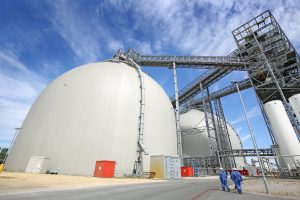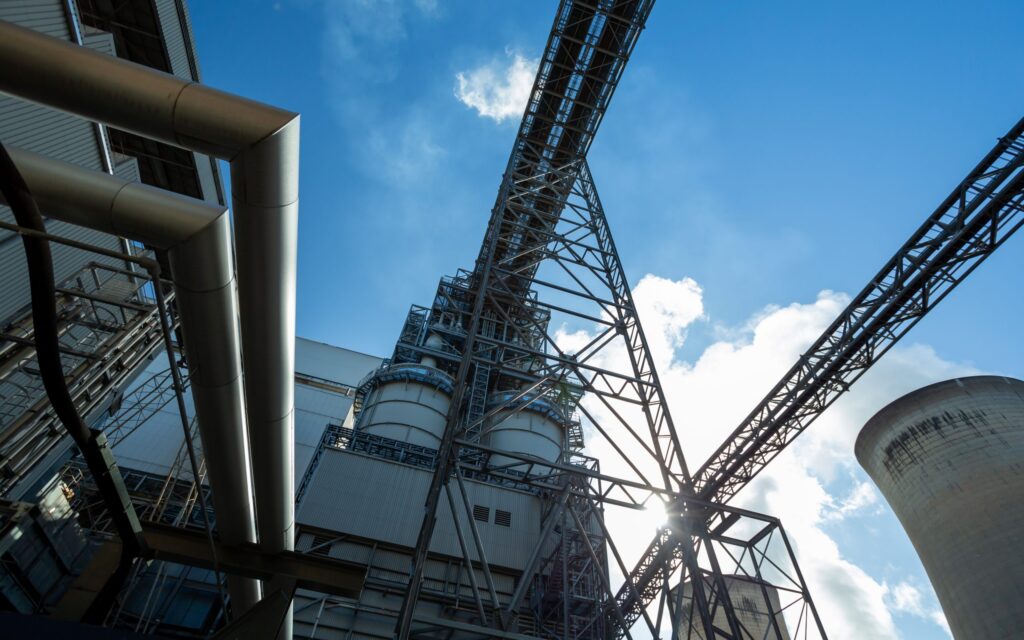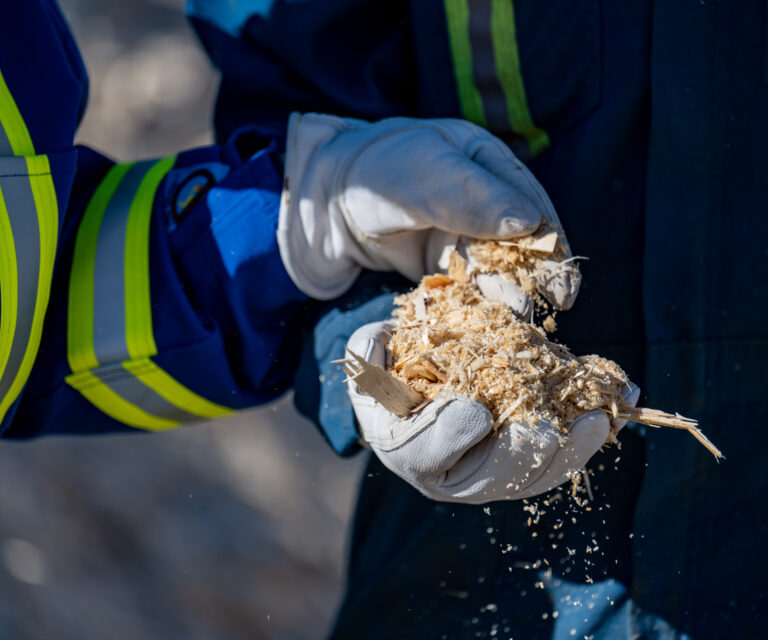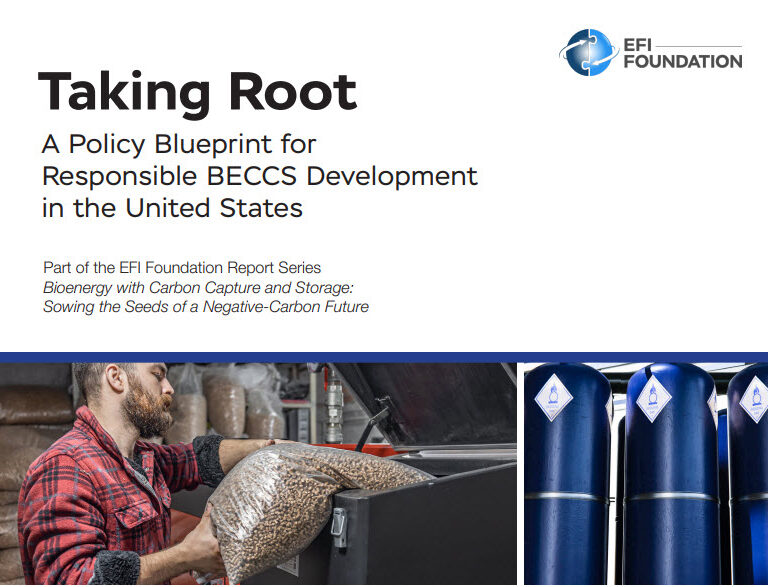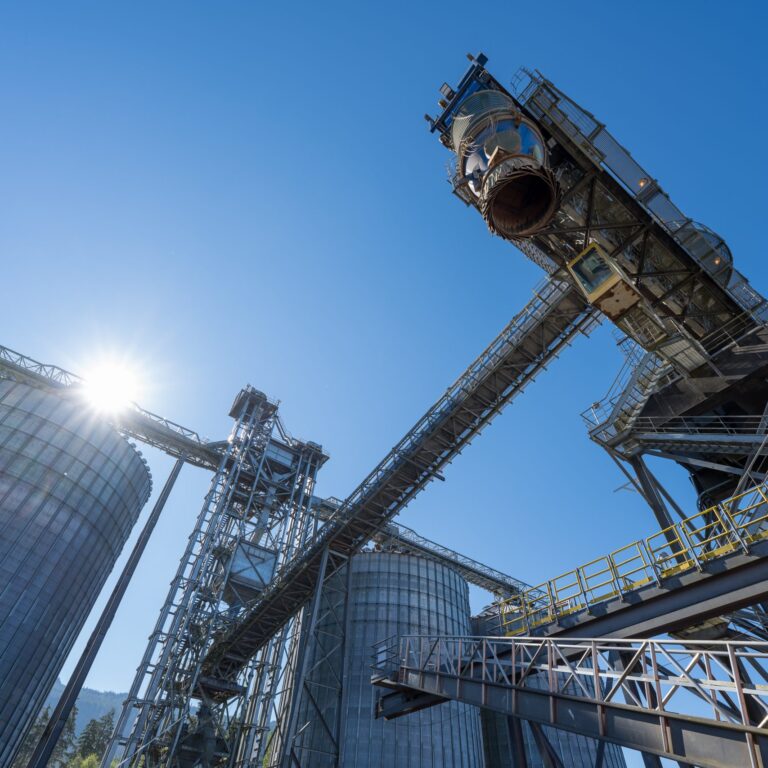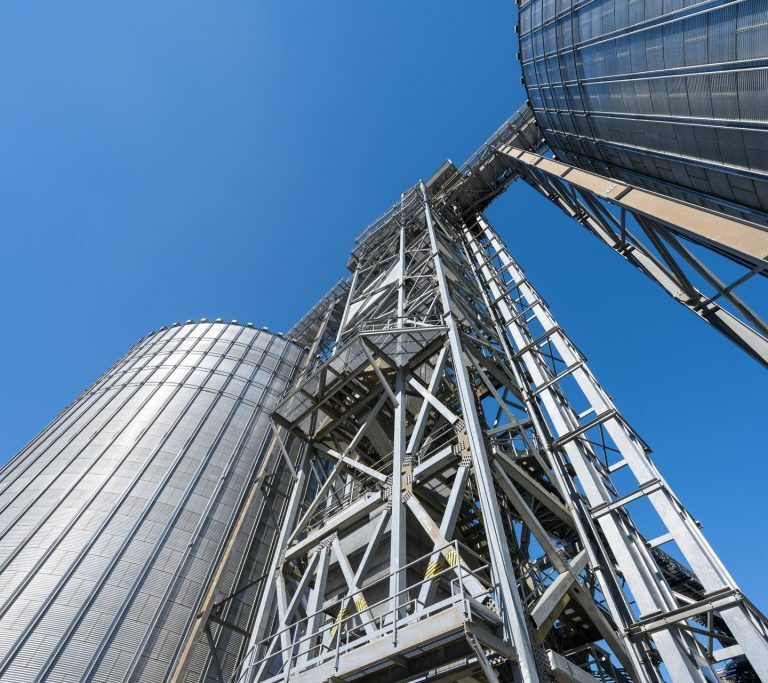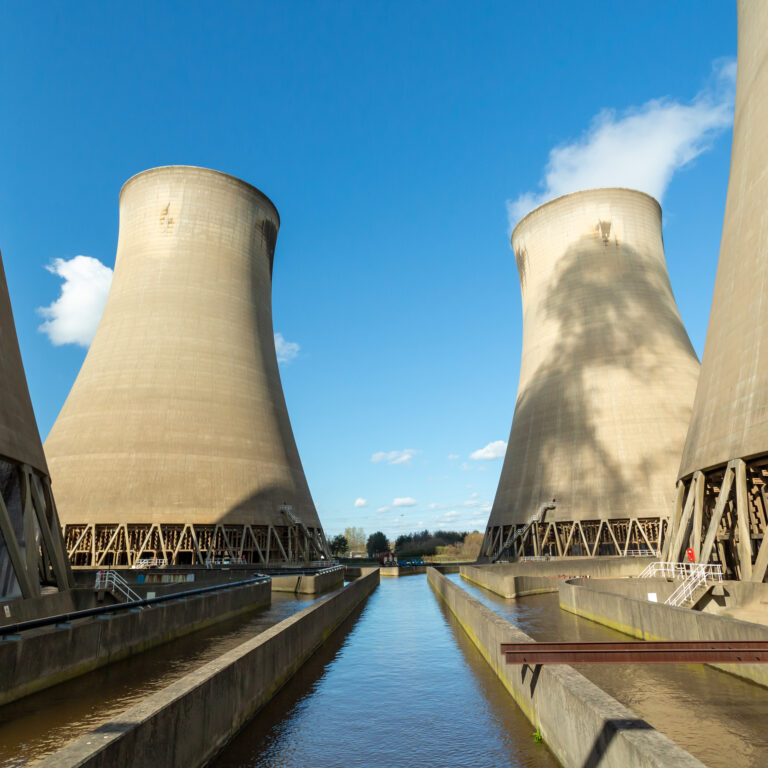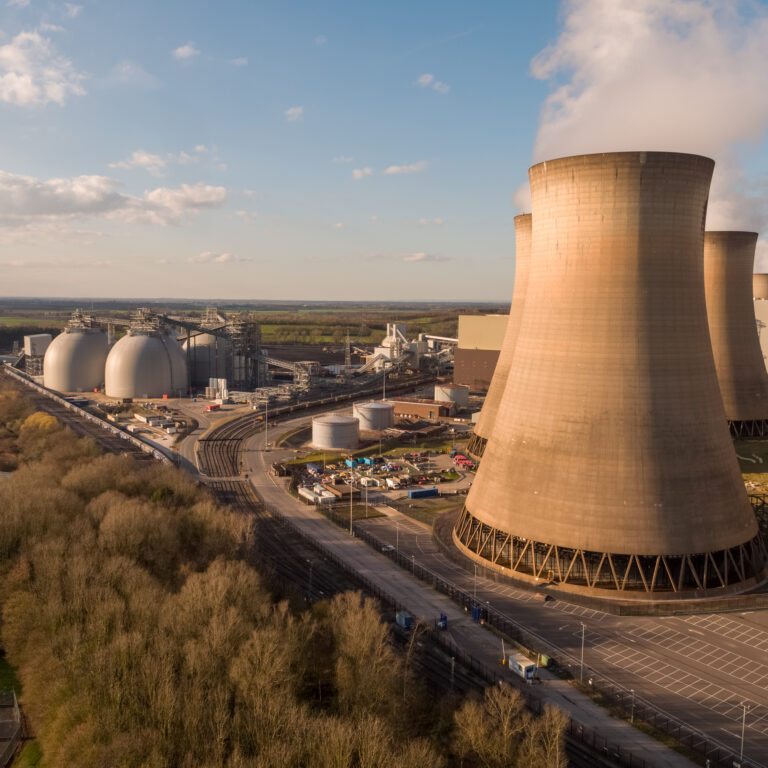As a Cornerstone Member, Drax will work with the Carbon Business Council to accelerate the scaling of carbon removal technologies and build a network of leaders within the carbon dioxide removal (CDR) space. Drax aims to be a global leader in CDRs through the implementation of bioenergy with carbon capture and storage (BECCS) technology.
The Carbon Business Council (CO2BC) is a non-profit trade association of companies and organisations that have come together to responsibly restore the climate, and which now represent combined carbon management assets of more than $16.5 billion.
Drax’s expertise will assist the Carbon Business Council in developing CDR policy, building awareness of why carbon removals are an essential pillar of climate action, and fostering community within the CDR industry.
Ross McKenzie, Group Director of Corporate Affairs said, “Nearly all pathways to limit global warming to 1.5C require carbon removals like those delivered by bioenergy with carbon capture and storage.”
“At Drax, we want to become global leaders in carbon dioxide removals and are thrilled to be joining the Carbon Business Council as a Cornerstone member to further accelerate the development of the nascent CDR industry.”
In joining, Drax has signed the Ethical Oath to Restore the Earth, which calls for the responsible delivery of carbon removals, including the importance of removals working in tandem with emissions reductions.
Ben Rubin, the Executive Director and Co-Founder of the Carbon Business Council said, “From the printing press to penicillin, entrepreneurs have a history of approaching challenges with a problem-solving set of eyes. Because reversing climate change will require multiple solutions coming from both innovators and policymakers, it’s important to have market leaders like Drax at the policy table.”
Carbon removals are used by organisations to balance their hard-to-abate carbon emissions, achieve a net zero and, in some cases, a carbon negative status. Longer lasting and lower risk carbon credits, such as the types generated by carbon removals technologies, are increasing in demand as more organisations look to hit their decarbonisation targets.
Drax hopes to invest billions over the coming years in global carbon removals and renewable energy projects, with the aim of capturing 14 million metric tonnes of carbon removals a year by 2030.
Scientists at the UN’s Intergovernmental Panel on Climate Change have reached consensus that the world needs to remove and manage gigatons of carbon dioxide in order to meet the goals of the Paris Agreement.
ENDS
Media contacts:
Sloan Woods
Media Manager
E: Sloan.johnson@drax.com
T: 07821665493
Editor’s Notes:
- Drax is an international, growing, sustainable business at the heart of global efforts to deliver net zero and energy security, and is accelerating its progress in the development of global BECCS projects.
- Nearly all pathways to limit global warming to 1.5C require carbon removal technologies, such as BECCS.
- The IPCC believes that globally up to 9.5 billion tonnes of CDRs via BECCS will be required per year by 2050.
- Carbon dioxide removals can be used by organisations to balance their hard-to-abate carbon emissions, achieve a net zero and, in some cases, a carbon negative status.
- Longer lasting and lower risk carbon credits, such as the types generated by carbon removals technologies, are increasing in demand as more organisations look to hit their decarbonisation targets.
About Drax
Drax Group’s purpose is to enable a zero carbon, lower cost energy future and in 2019 announced a world-leading ambition to be carbon negative by 2030, using bioenergy with carbon capture and storage (BECCS) technology.
Drax’s around 3,000 employees operate across three principal areas of activity – electricity generation, electricity sales to business customers and compressed wood pellet production and supply to third parties. For more information visit www.drax.com
Power generation:
Drax owns and operates a portfolio of renewable electricity generation assets in England and Scotland. The assets include the UK’s largest power station, based at Selby, North Yorkshire, which supplies five percent of the country’s electricity needs.
Having converted Drax Power Station to use sustainable biomass instead of coal it has become the UK’s biggest renewable power generator and the largest decarbonisation project in Europe. It is also where Drax is piloting the groundbreaking negative emissions technology BECCS within its CCUS (Carbon Capture Utilisation and Storage) Incubation Area.
Its pumped storage, hydro and energy from waste assets in Scotland include Cruachan Power Station – a flexible pumped storage facility within the hollowed-out mountain Ben Cruachan.
The Group also aims to build on its BECCS innovation at Drax Power Station with a target to deliver 4 million tonnes of negative CO2 emissions each year from new-build BECCS outside of the UK by 2030 and is currently developing models for North American and European markets.
Pellet production and supply:
The Group has 19 operational pellet plants and developments with nameplate production capacity of around 5 million tonnes a year.
Drax is targeting 8 million tonnes of production capacity by 2030, which will require the development of over 3 million tonnes of new biomass pellet production capacity. The pellets are produced using materials sourced from sustainably managed working forests and are supplied to third party customers in Europe and Asia for the generation of renewable power.
Drax’s pellet plants supply biomass used at its own power station in North Yorkshire, England to generate flexible, renewable power for the UK’s homes and businesses, and also to customers in Europe and Asia.
Customers:
Drax supplies renewable electricity to UK businesses, offering a range of energy-related services including energy optimisation, as well as electric vehicle strategy and management.
To find out more go to the website www.energy.drax.com
About Carbon Business Council
Carbon Business Council (CO2BC), a member-driven and tech-neutral trade association of companies unified to restore the climate, is the preeminent industry voice for carbon management innovators. Together, the nonprofit coalition represents more than 100 companies across six continents with more than $16.5 billion dollars in combined assets.




